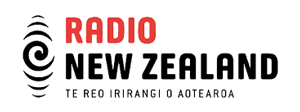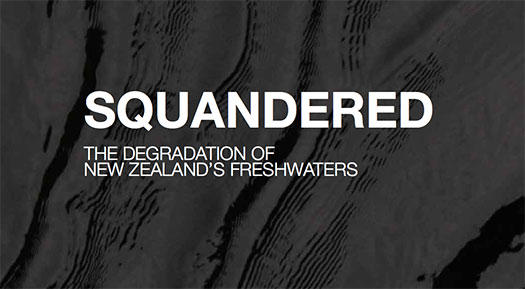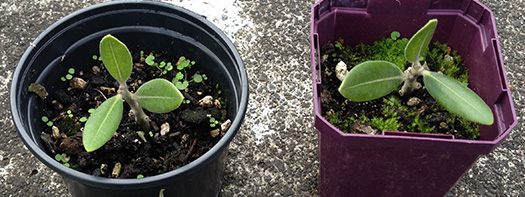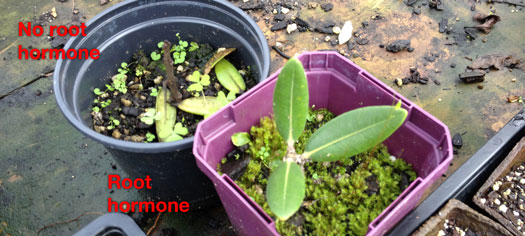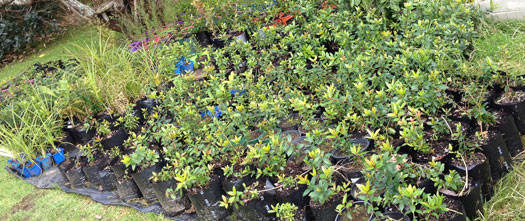“No!” This is how we teach restraint, over time the child masters the rules and becomes a functioning member of society. But he finds pleasure in the quiet places where no one can yell “No” at him, places where the rules don’t apply, where he can be wild and free.
There is a huge psychological transformation that occurs when you’re outdoors and find that you are no longer alone. Every imaginable cultural judgement can be projected in just a single person. They are not just changing our behaviour they are changing how we think, making us self conscious.
Some people feel this more than others, but perhaps this is why humans bleat and stomp about environmental rules. Because when we are in the wild with all those wild things, we feel wild too. We feel free from all those rules and judgements, those “No”s. So we fight those that tell us “don’t go there”, “don’t kill that” or “leave that alone”. Because they are reducing our freedom, which is true. But unfortunately we live in a world of human expansion and decreasing environmental resilience, our choices now have a greater cost than those of previous generations. We are slowly learning we can longer afford to be wild, we have to share our freedoms, not just with this generation but the next one too.
The reason the human population has grown so fast is because we are so adaptable and culture (our behaviours and technology) has evolved and will continue to evolve much faster than our genes. Those that are following the rules, participating in restoration, conservation, trash removal, pest eradication, citizen science and moving from eating to recording wildlife are developling a new culture. This new culture is already growing fast and with it some of our wilderness is coming back, building resilience and expanding our freedoms. We are finding a new way to be wild and free.




